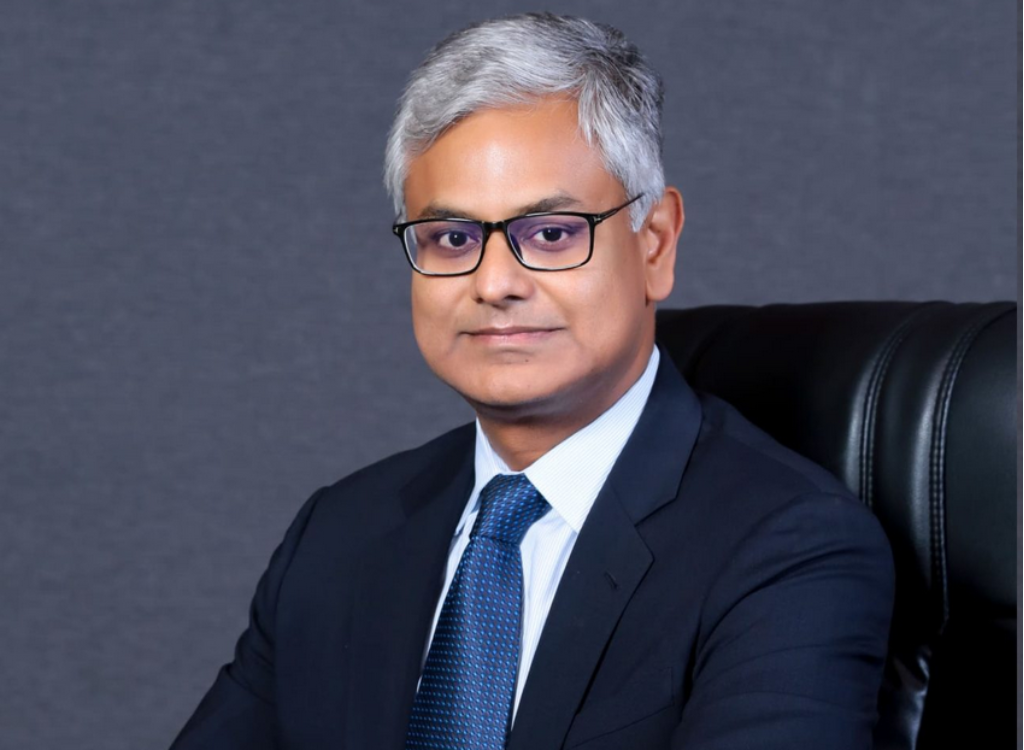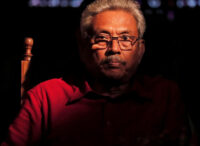Krishan Balendra’s appointment as Chairman of the Ceylon Chamber of Commerce comes at a time when Sri Lanka’s economic trajectory hangs in delicate balance.
The country stands at a stage where the path forward demands diplomatic engagement and principled leadership that prioritises long-term national interest over short-term political expediency.
Established in 1839, the Ceylon Chamber of Commerce has witnessed the rise and fall of governments, the ebb and flow of economic policies, and the consequences of courage and complacency in leadership. Today, its 185-year legacy faces perhaps its most significant test—whether it can transcend the pattern of reactive accommodation that has characterised much of Sri Lanka’s business leadership in recent decades.
Like many of its counterparts, Balendra inherits an institution often caught between the imperative to advocate for sound economic policy and the pragmatic need to maintain working relationships with political authorities. This tension is not unique to Sri Lanka, but the stakes are particularly high in a small island economy where political retaliation can be swift and devastating.
The recent history of Sri Lanka’s business leadership reveals a troubling pattern: the same voices that remained conspicuously silent during the policy errors of the Rajapaksa era found their voice during the Wickremesinghe administration’s reform drive, only to modulate their tone again as political winds shifted. This reactive approach—applauding when convenient, silent when risky—has contributed to a culture where economic policy becomes hostage to political cycles rather than guided by consistent principles.
The cost of this accommodation has been enormous. While business leaders maintained their individual enterprises, the broader economic framework deteriorated to national bankruptcy. The 2022 economic collapse was not a sudden catastrophe but the culmination of years of policy drift, enabled partly by the absence of sustained, principled advocacy from institutions that should have served as early warning systems.
The Chamber faces a new complexity under President Anura Kumara Dissanayake’s administration. While bringing fresh perspectives to governance, the government’s leftist ideology also introduces uncertainties about the future of market-oriented reforms. Balendra and the Chamber must engage constructively while maintaining clear advocacy for policies that will sustain Sri Lanka’s economic recovery.
Balendra has identified the reforms —digital ID implementation, the National Single Window for trade, Customs modernisation, and tourism marketing—as “low-hanging fruit.” But even low-hanging fruit requires someone willing to climb the tree, and in Sri Lanka’s current political environment, that climb demands courage.
Sri Lanka cannot afford another cycle of reform reversal. The country’s debt restructuring, achieved through painful adjustments and international negotiations, provides a foundation for recovery, but foundations alone do not build prosperity. The macroeconomic stability that Balendra references is fragile, dependent on continued policy discipline and structural reforms that enhance productivity and competitiveness.
Balendra warns against “reform fatigue,” which is real. Equally dangerous is the risk of institutional fatigue—the tendency of business organisations to retreat into comfortable silence when political pressure mounts. The Chamber’s role in this critical period cannot be merely advisory; it must be advocatory, even when advocacy is uncomfortable.
The accurate measure of Balendra’s leadership will not be found in the eloquence of his speeches or the diplomacy of his public statements, but in his willingness to speak truth to power when that truth is unwelcome. This means being prepared to publicly oppose policies that undermine economic progress, regardless of which government proposes them. It means building coalitions that extend beyond traditional business circles to include civil society, academia, and even opposition political parties when necessary.
Most importantly, it means accepting that effective advocacy sometimes requires accepting personal and institutional risk. This is not a trivial consideration in a country where business leaders have faced investigation, asset freezing, and worse for crossing political lines. Yet the alternative—continued accommodation prioritising short-term safety over long-term prosperity—has already been tested to devastating effect.
The Chamber’s most significant contribution in the coming years may be demonstrating that principled advocacy is not anti-government but pro-Sri Lanka. This distinction is crucial in a political environment where criticism is often interpreted as opposition, and the line between legitimate advocacy and political interference has been deliberately blurred.
The challenge is maintaining this distinction while refusing to let it become an excuse for silence on critical issues. The Chamber must be willing to praise good policies and criticise poor ones, regardless of their political origin. This approach requires institutional courage, notably absent from much of Sri Lanka’s recent business leadership.
Balendra’s tenure will be judged not by the stability of his relationships with political authority, but by the contribution of his leadership to Sri Lanka’s economic transformation. The country has been given a second chance—an opportunity to rebuild on more solid foundations after the devastation of 2022. Whether this opportunity is seized or squandered will depend, in significant part, on whether institutions like the Chamber of Commerce can rise above their recent history of accommodation.
The Ceylon Chamber of Commerce can continue the pattern of reactive engagement that has characterised much of its recent history or embrace the more difficult path of principled advocacy. The choice will determine the Chamber’s legacy and relevance to Sri Lanka’s economic future.
For a country that cannot afford to go back, the time for business as usual has passed. The question is whether its business leaders can lead it forward.











Leave a comment